Highest effort and determination for epidemic prevention and control work
In the past 2 years (2020 - 2022), Vietnam has experienced 4 outbreaks with large scale, rapid spread, and continuous changes of SARS-CoV-2.
The first COVID-19 cases were recorded in Vietnam, a father and son from Wuhan, China, on January 23, 2020 - officially marking the start of the fight against the epidemic. Phase 1 from January 23 to July 24, 2020, the whole country recorded 415 cases, with no deaths.
After 99 days without recording any new cases of community transmission, the second wave of the epidemic continued from July 23, 2020 with new cases in Da Nang and 14 other provinces and cities. This phase lasted until January 27, 2021 with 1,136 cases of COVID-19; 35 patients died due to serious underlying diseases.
Medical staff in Dong Da district (Hanoi) inject COVID-19 vaccine for
Students of Be Van Dan Secondary School. Photo: Minh Quyet/VNA
The third outbreak from January 28 to April 26, 2021 in Hai Duong and 12 other provinces and cities, with 1,303 patients, no deaths.
According to the Ministry of Health, all three outbreaks had a low number of cases, each outbreak only lasted for a short time, concentrated in a number of localities. Since the outbreak began, the entire political system of our country has closely followed the situation, regularly and promptly provided appropriate, flexible and creative solutions. Directive work has been carried out regularly, applying measures at a higher level and earlier than recommended by the World Health Organization (WHO). Directives No. 15/CT-TTg (dated March 27, 2020), Directive No. 16/CT-TTg (dated March 31, 2022), and Directive No. 19/CT-TTg (dated April 24, 2020) of the Prime Minister were issued promptly for localities to apply appropriately to the situations and developments of the outbreak.
The principles of epidemic prevention and control in these three stages are based on 5 basic principles: Prevention - Detection - Isolation - Isolation - Effective treatment", along with the treatment formula and the 5K formula: "Mask - Disinfection - Distance - No gathering - Medical declaration", helping Vietnam minimize the number of infections and deaths, recognized and highly appreciated by WHO and many countries. Carrying out the "dual task" of both controlling the epidemic and developing the country's socio-economy, Vietnam is one of the few countries in the world that has both effectively fought the epidemic and had positive economic growth in 2020.
Phase 4, from April 27, 2021, began to be recorded in Da Nang, Ha Nam, Vinh Phuc, Yen Bai, then quickly spread to localities: Bac Giang, Bac Ninh, Hanoi, Ho Chi Minh City, Nghe An, Ha Tinh, Binh Duong, Dong Nai, Tien Giang, Long An, Dong Thap, Khanh Hoa, Phu Yen, Vinh Long and many other places...
The Ministry of Health assessed that the fourth outbreak was large-scale, with many sources of infection, many strains, and outbreaks, especially the appearance of the Delta variant that spreads very quickly and dangerously, increasing the number of severe cases compared to the previous three outbreaks. In particular, the epidemic has not only penetrated some medical facilities, but also industrial parks, production and business establishments, cultural and religious events with large crowds, and densely populated urban areas. In addition, there is also the intrusion of disease sources from outside through entry.
Consistently pursuing the goal of "putting people's health and lives first and foremost", epidemic prevention and control work has been promptly redirected to respond to the COVID-19 epidemic. The epidemic prevention and control motto has shifted from "zero COVID" to "safe, flexible adaptation, effective control of the COVID-19 epidemic", both preventing and fighting the epidemic and restoring and developing the socio-economy. The "formula" for epidemic prevention and control that was effectively applied in the previous 3 epidemics has been shifted to: 5K + vaccines, treatment drugs + technology + people's awareness along with 3 pillars:
Isolation (the narrowest and strictest possible) - Testing (rapid but safe, scientific, reasonable and effective according to the instructions of the Ministry of Health) - Treatment (remotely, early, right at the facility, contributing to reducing severe cases and reducing deaths). Together with the entire political system and all classes of people, the health sector has mobilized all its forces - over 25,000 professors, doctors, medical staff, medical students, and pharmaceutical students, with the highest efforts and determination for epidemic prevention and control.
Efforts to "green" COVID-19 vaccines
With a long-term vision and fundamental solutions to help the country escape the pandemic, our Party and State have determined to implement a vaccine strategy. The strategy focuses on importing, transferring technology, researching, producing and developing domestic vaccines to proactively source and vaccinate people for free.
On February 24, 2021, the first batch of COVID-19 vaccines arrived in Vietnam, with priority given to frontline forces and provinces and cities in the epidemic area. Vaccines are allocated based on the principles of fairness, equality, openness, transparency, flexibility, and efficiency. Then, on July 10, 2021, the largest COVID-19 vaccination campaign in history was launched.
This is an important event, affirming the message and high determination of the Party, State, Government and all Vietnamese people in controlling and repelling the epidemic, protecting the health and lives of the people, and bringing the country back to normal. The campaign is implemented with the unified viewpoint of "vaccinating as quickly, as much, as widely as possible, ensuring safety, effectiveness, fairness and transparency".
With efforts to "green" COVID-19 vaccines; focusing resources on responding to the epidemic, by mid and late 2022, the epidemic situation has had many positive changes. The whole country has moved to a phase of safe and flexible adaptation, effectively controlling the COVID-19 epidemic according to Resolution No. 128/NQ-CP. Vietnam is recognized as one of the countries that effectively controlled the COVID-19 epidemic, with a high rate of COVID-19 vaccination coverage.
Dr. Angela Pratt, WHO Representative in Vietnam, affirmed: Vietnam has done a very good job in managing the pandemic. Right from the beginning of the fight against COVID-19, Vietnam has had really strong social and public health measures to respond to COVID-19.
Vietnam has detected and responded to cases early; strong border controls, social distancing, and containment of the virus; good adherence to personal protective behaviour such as wearing masks; and timely health care. These measures have kept the number of cases and deaths early in the pandemic low.
When the vaccine was available, Vietnam deployed vaccination and quickly achieved truly high population coverage. More than 260 million doses of vaccine have been administered, making Vietnam one of the countries with the highest vaccination rates in the world. These remarkable results are thanks to the synchronous participation of the entire political system, the strong commitment of the Government, and the efforts and sacrifices of the community, even during the truly difficult period of social distancing.
Vietnam has consistently implemented measures and achieved results. An important factor is the tireless efforts of the health sector, they work without days off, day and night. Countries around the world can learn from Vietnam's experience in preventing and fighting the epidemic. This lesson also needs to be promoted and prepared to respond to other pandemics in the future, Dr. Angela Pratt commented.
Sustainable control and management of COVID-19
In early 2023, although cases were still recorded, the COVID-19 epidemic was basically under control in Vietnam. On May 5, WHO declared the COVID-19 pandemic no longer a global health emergency. The pandemic is showing signs of abating, with people's immunity from infection and vaccination increasing. In addition, hospitalization and death rates are decreasing, no longer putting as much strain on health systems as before. This trend allows most countries to return to normal life as before the pandemic, but it does not mean that the danger is over, the pandemic is not over. The state of emergency can be restored if the actual situation changes...
Implementing the Prime Minister's direction, the Ministry of Health is coordinating with ministries and branches to review legal regulations, refer to the experience of countries around the world and review practical measures to implement COVID-19 prevention and control in Vietnam; together with ministries and branches, build a dossier to change the disease classification from group A infectious diseases to group B infectious diseases.
At the 5th Session of the 15th National Assembly, during the discussion session on the report of the Supervisory Delegation on the mobilization, management and use of resources for COVID-19 prevention and control, Director of Hanoi Medical University Hospital Nguyen Lan Hieu, National Assembly delegate of Binh Dinh province, said that Vietnam can declare the end of the COVID-19 epidemic because all necessary factors have been met.
Regarding the conditions for declaring the end of the epidemic, Director of Hanoi Medical University Hospital Nguyen Lan Hieu said: Currently, the rate of severe illness caused by COVID-19 is almost gone, the deaths are mainly due to severe underlying diseases. That shows that COVID-19 is still spreading in the community but no longer poses a high risk of death. In addition, Vietnam has achieved a high rate of widespread COVID-19 vaccination coverage.
Along with preparing documents to declare the end of the epidemic, the Ministry of Health is also researching and developing a plan for sustainable control and management of the COVID-19 epidemic in the period of 2023 - 2025, promulgated according to its authority; in cases beyond its authority, it will report to competent authorities for consideration and decision.
According to Professor, Dr. Phan Trong Lan, Director of the Department of Preventive Medicine, the plan will take into account the context of new dangerous variants appearing, the epidemic spreading; as well as strengthening integrated surveillance of COVID-19 and other respiratory infections...
Recently, the Ministry of Health issued Decision 2227/QD-BYT 2023 on the plan for using COVID-19 vaccines in 2023, which clearly states: COVID-19 vaccines in 2023 will still be injected free of charge with funding from the State budget, COVID-19 Vaccine Fund and aid, sponsorship, support from domestic and foreign organizations and individuals and other cooperative capital sources. Campaign vaccination can be integrated with regular vaccination activities in accordance with local implementation. COVID-19 vaccination in our country will focus on high-risk groups, and annual booster vaccination is not recommended.
Associate Professor, Dr. Tran Dac Phu, former Director of the Department of Preventive Medicine (Ministry of Health) said that if COVID-19 is transferred to group B, treatment for patients will not be free. The authorities need to make appropriate calculations. Currently, the rate of people participating in health insurance is very high, so the cost of COVID-19 treatment can be covered by health insurance.
Although classified in group B with other infectious diseases, COVID-19 is still a specific disease because WHO has not announced the end of the pandemic. WHO continues to recommend that countries be cautious, shifting from emergency epidemic prevention and control to a sustainable, long-term epidemic control strategy. Therefore, Vietnam needs to have policies and plans for epidemic prevention and control to avoid surprises and still control the epidemic in all situations, protect people's health and rights; pay special attention to monitoring activities, personal prevention, vaccination, communication, protection of vulnerable groups, etc., health experts recommend.
VNA/Tin Tuc Newspaper
Source link


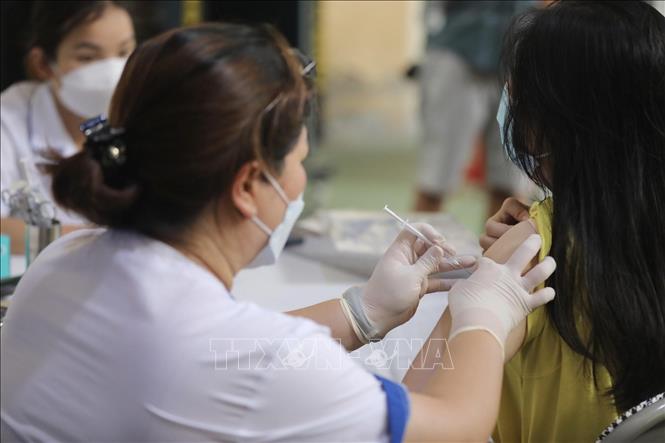


![[Photo] Closing of the 11th Conference of the 13th Central Committee of the Communist Party of Vietnam](https://vstatic.vietnam.vn/vietnam/resource/IMAGE/2025/4/12/114b57fe6e9b4814a5ddfacf6dfe5b7f)

![[Photo] Overcoming all difficulties, speeding up construction progress of Hoa Binh Hydropower Plant Expansion Project](https://vstatic.vietnam.vn/vietnam/resource/IMAGE/2025/4/12/bff04b551e98484c84d74c8faa3526e0)

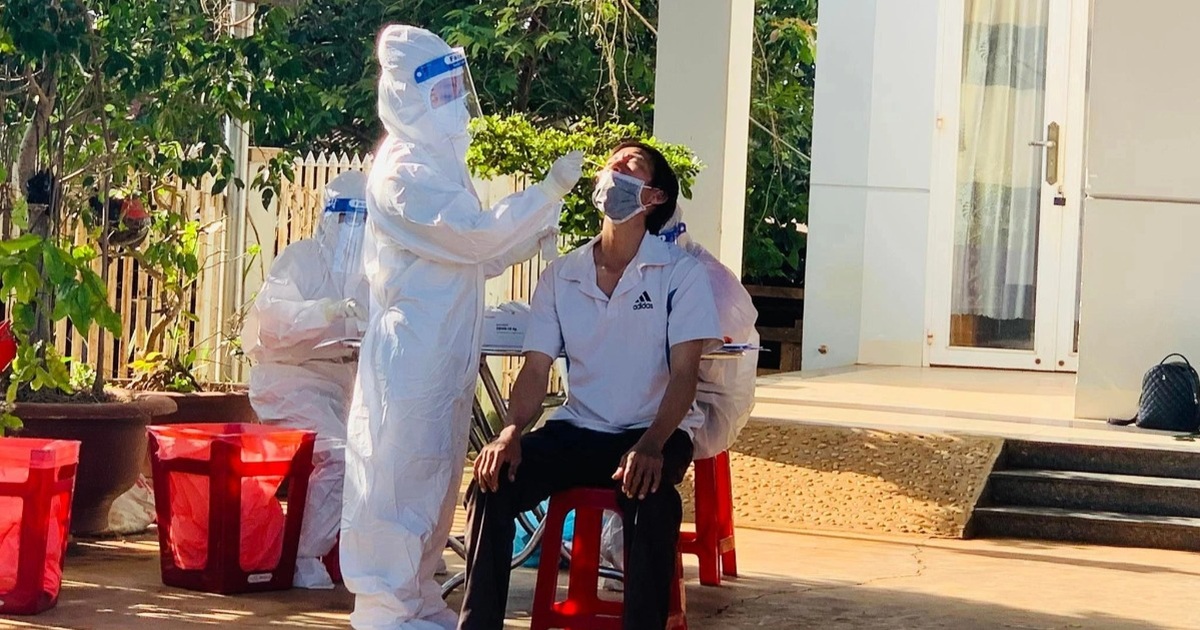

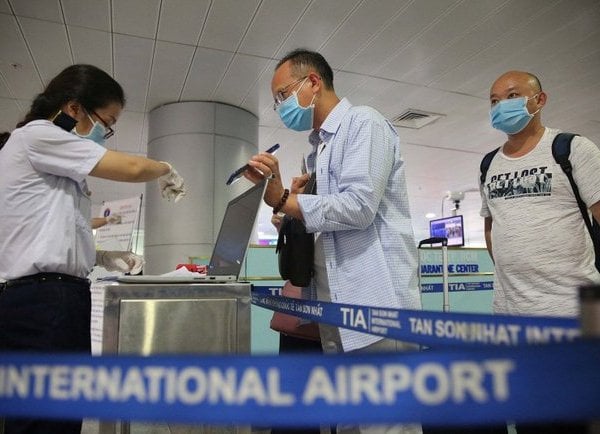

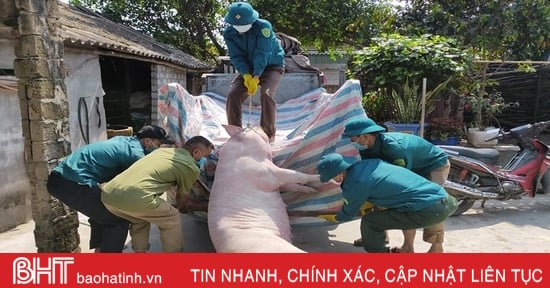

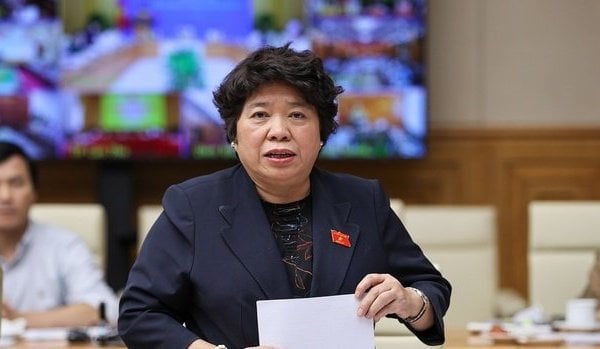
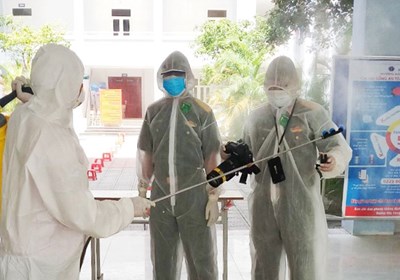

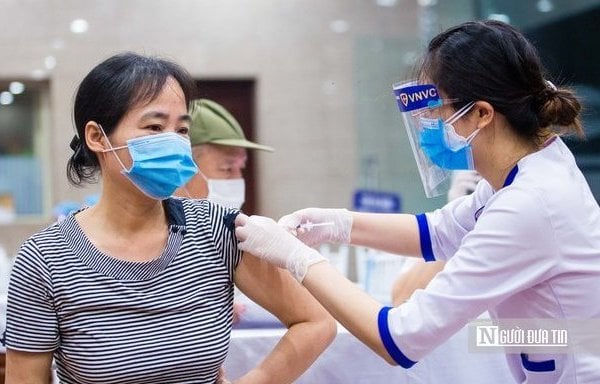
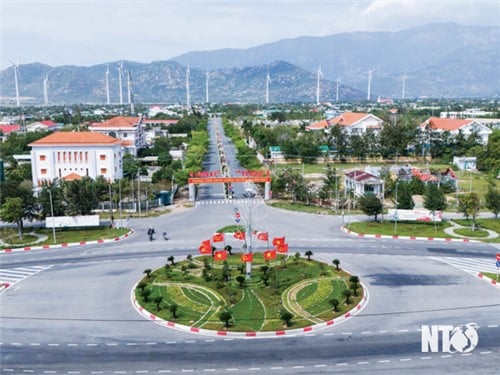

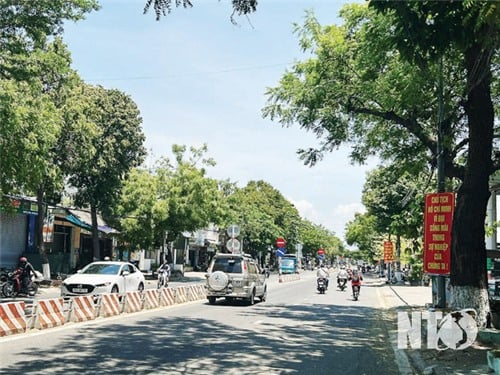
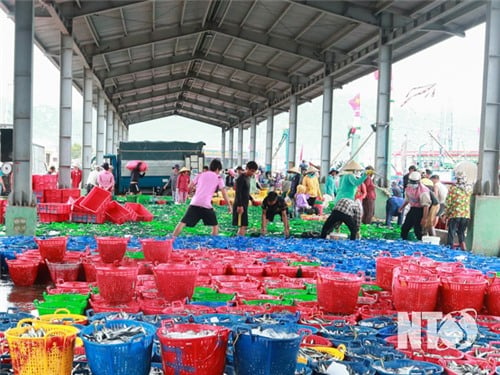
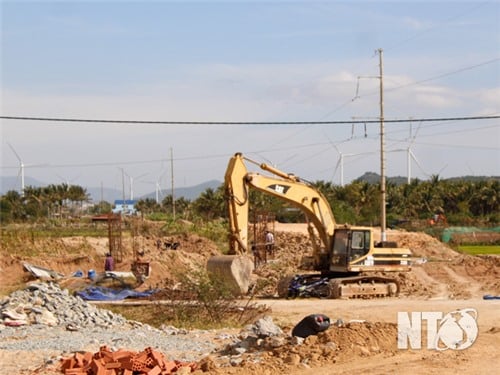
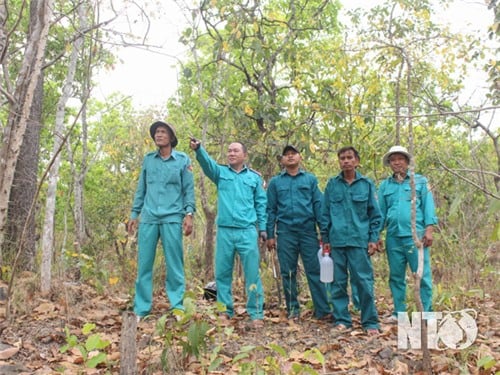



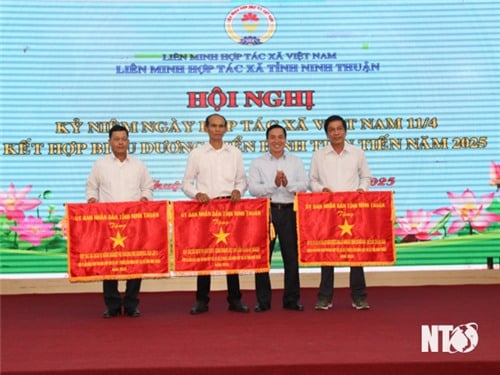

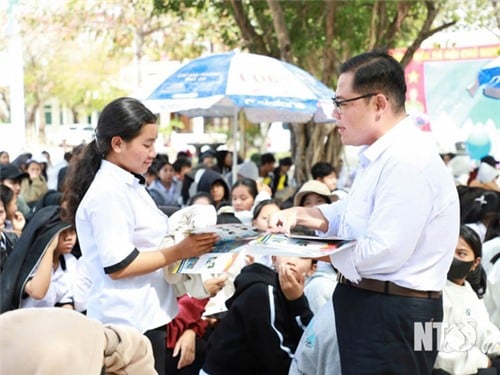

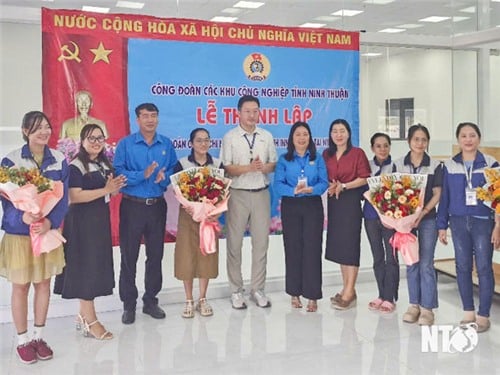
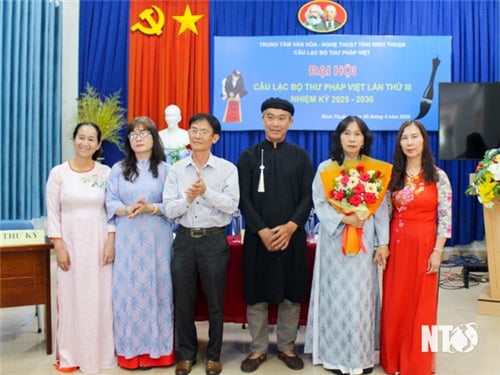











































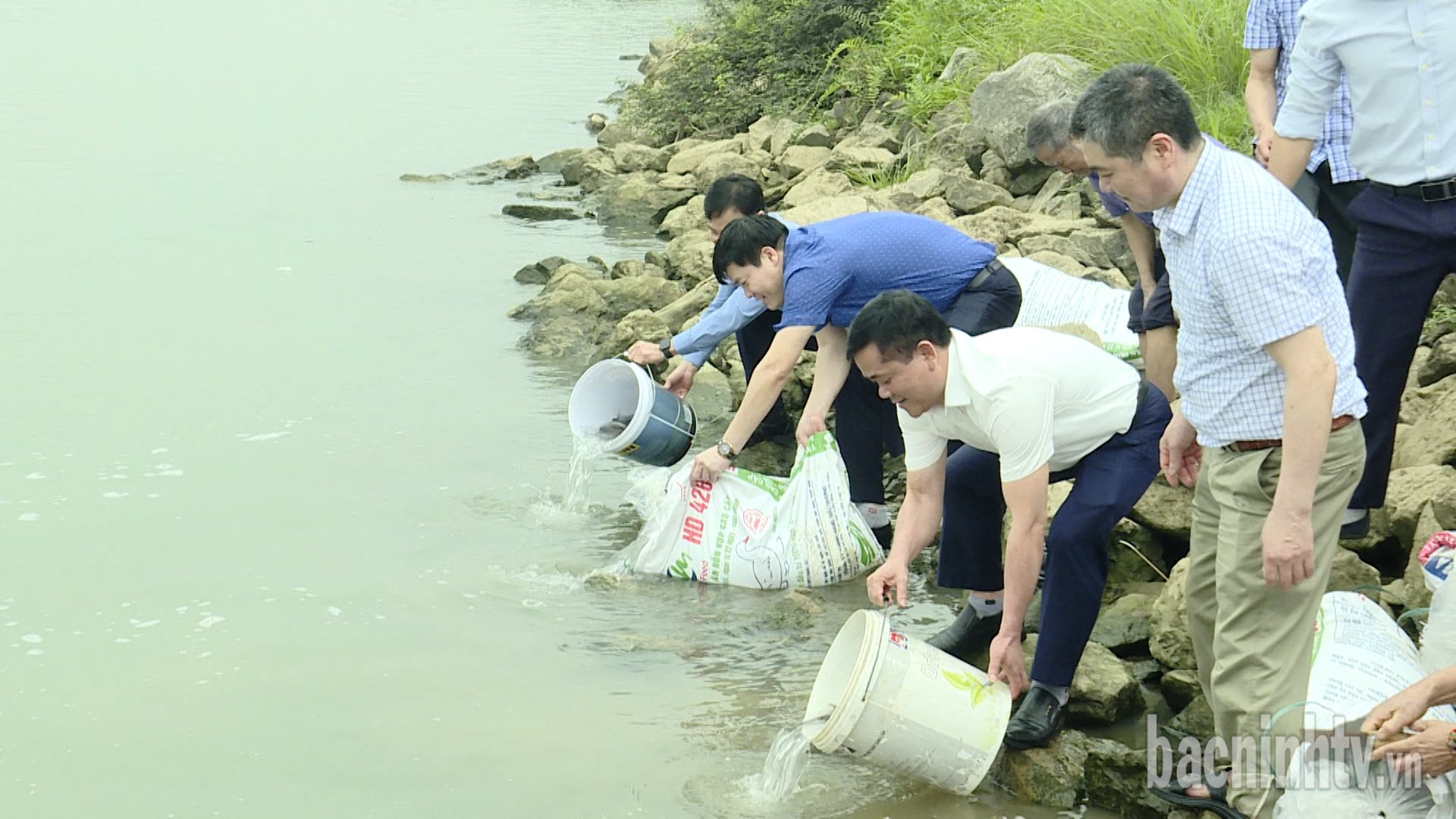




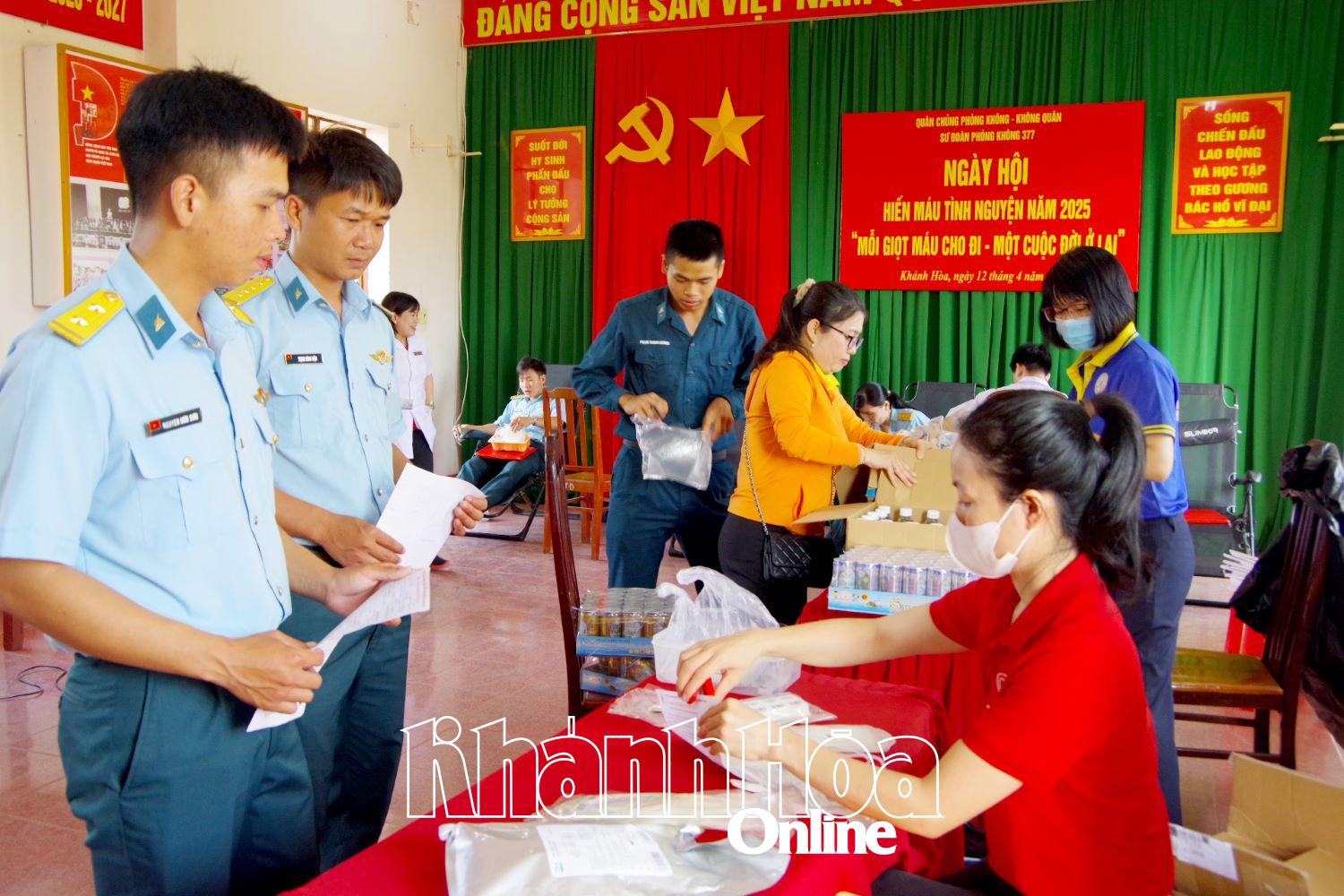

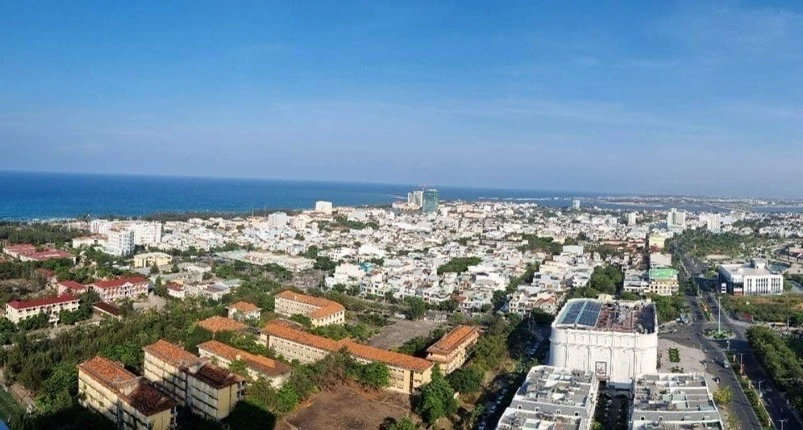














Comment (0)